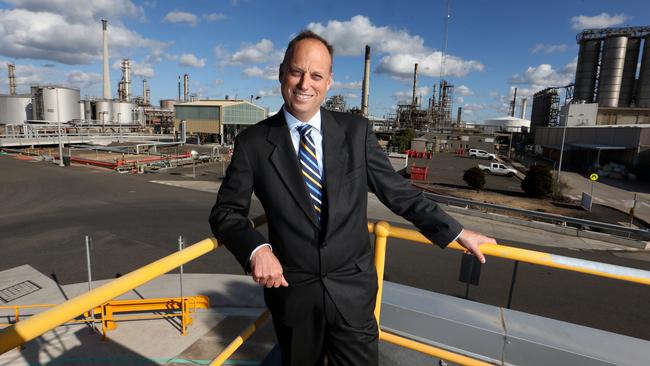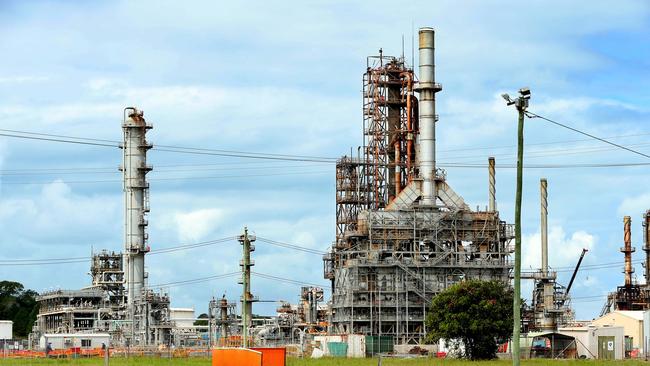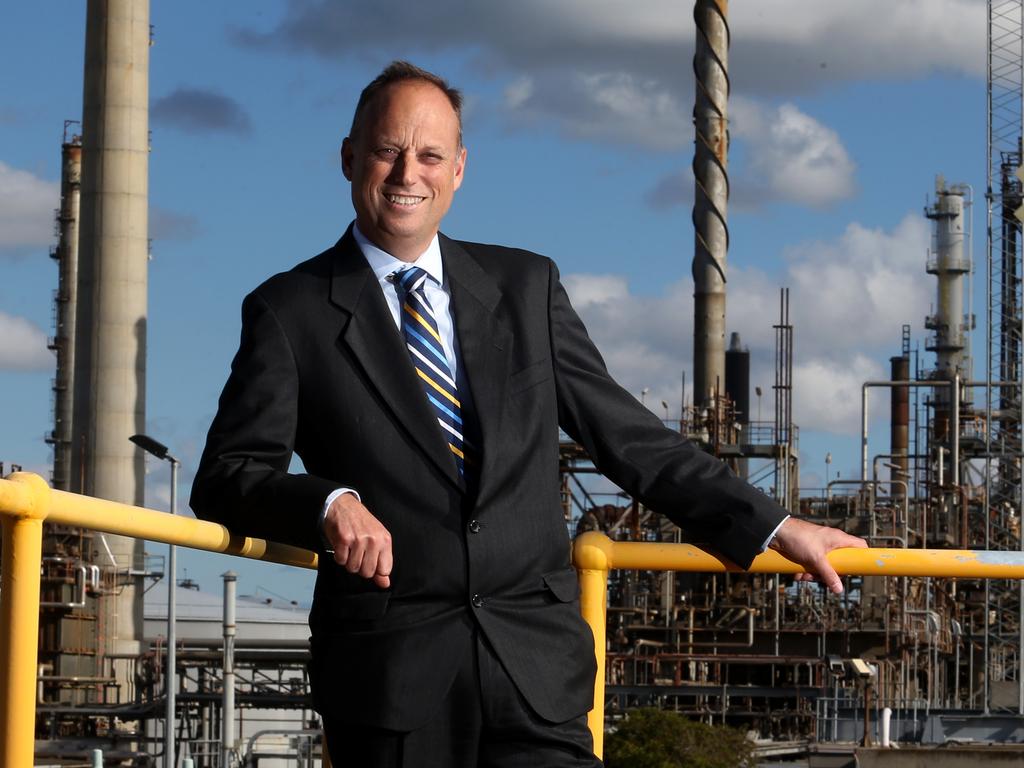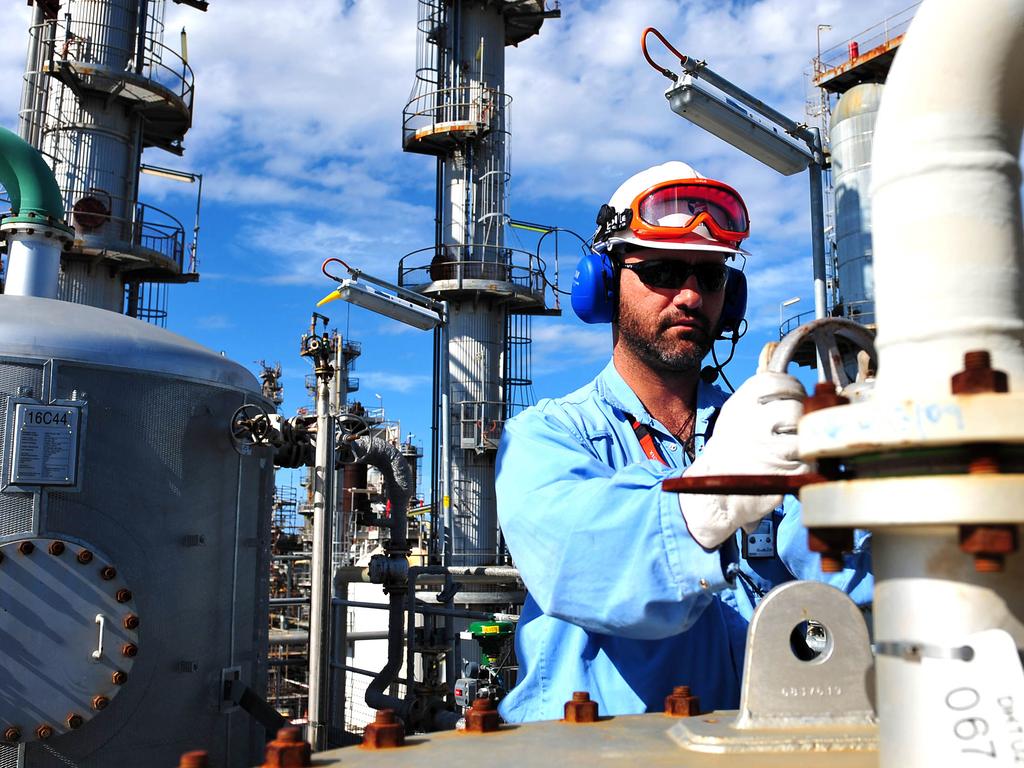Oil refinery rescue package may not succeed as facilities under review
An emergency government rescue package for Australia’s ailing oil refineries has provided short-term relief for the industry.

An emergency Morrison government rescue package for Australia’s ailing oil refineries has provided short-term relief for the industry but producers are still reviewing the future of facilities amid challenging market conditions.
Refiners will receive a minimum payment of 1c per litre for production of petrol, diesel and jet fuel from January 1 under an accelerated subsidy designed to bridge the gap until a long-term package kicks in by July 1, 2021.
While Viva Energy plans to take up the interim subsidy to help safeguard its Geelong unit in Victoria, rival Ampol is still considering the future of its Lytton refinery in Brisbane. ExxonMobil, owner of Brisbane’s Lytton refinery, also said it was still “evaluating” the package as fears grow it may shut the Queensland manufacturing plant.
Ampol said it was open to either an import model or retaining its Lytton refinery as it worked out what best met buyers’ needs.
“Today’s announcement acknowledges the acute challenges facing the refining sector in the short-term and provides an opportunity to get long-term settings right,” Ampol chief executive Matt Halliday said.
“Ampol remains confident in our ability to continue to meet our customers’ needs through either an import model or a model including operation of the Lytton refinery. We will continue to engage with government as we work through the review of our refinery operations, while ensuring we make decisions to ensure safe and reliable supply for Australians, protect our balance sheet and maximise shareholder value from our integrated supply chain.”

Exxon in September added to fears the refining sector could collapse after revealing its Altona refinery was losing money.
Viva earlier on Monday said the refinery production payment would contribute $30m to underlying earnings for the six months from January 1, 2021 to June 30.
The payment “together with other measures announced in September, provides material support which underscores the importance of domestic refining to the country’s broader fuel security and to the local communities in which our domestic refineries operate,” Viva chief executive Scott Wyatt said.
Viva will provide unaudited financial guidance for the 2020 year on Friday.
Three Australian refineries, in addition to BP’s Kwinana operation in West Australia, have shut since 2012. The remaining plants produce less than half of the country’s fuel needs, with most imported from bigger facilities in Singapore, South Korea and Japan.

BP blamed a regional oversupply of capacity and sustained low refining margins for its decision in late October to close Kwinana, with Ampol, Viva and Exxon saying the future of their operations was highly uncertain amid tough conditions for the industry.
Ampol’s Lytton refinery booked a September quarter loss of $82m while Viva suffered a $30m loss. Both are under review with Ampol due to make a decision in the second quarter of 2021 while Viva will on Friday update the market on running Geelong beyond the first quarter of next year.
Ampol and Viva have both backed Canberra’s support package when it was announced but remain cautious over the outlook for the sector given soft margins, high costs and plunging demand due to COVID-19 lockdowns.
Kwinana is due to shut within six months with 600 manufacturing workers to lose their jobs, ratcheting up concerns over the loss of thousands of jobs in Australia’s energy industry this year amid sustained economic fallout from the COVID-19 pandemic which has knocked demand for fuel sideways.






To join the conversation, please log in. Don't have an account? Register
Join the conversation, you are commenting as Logout